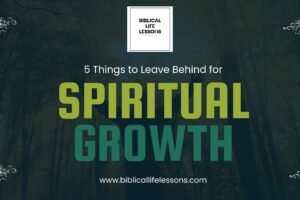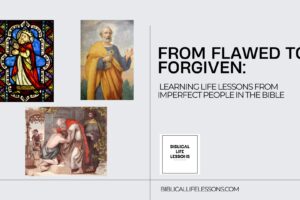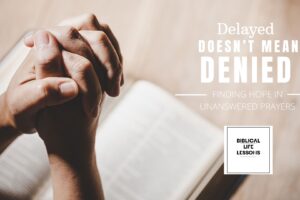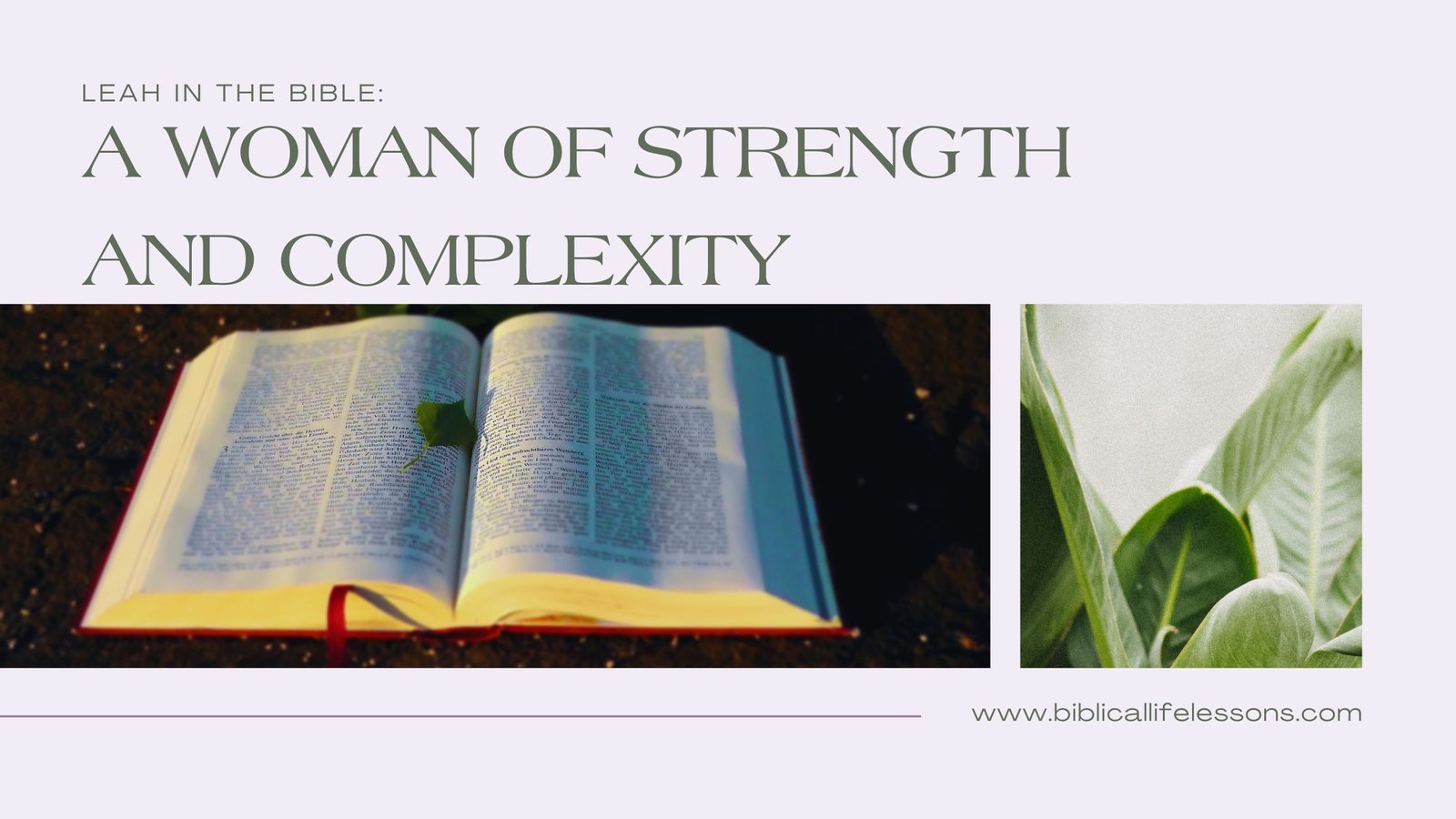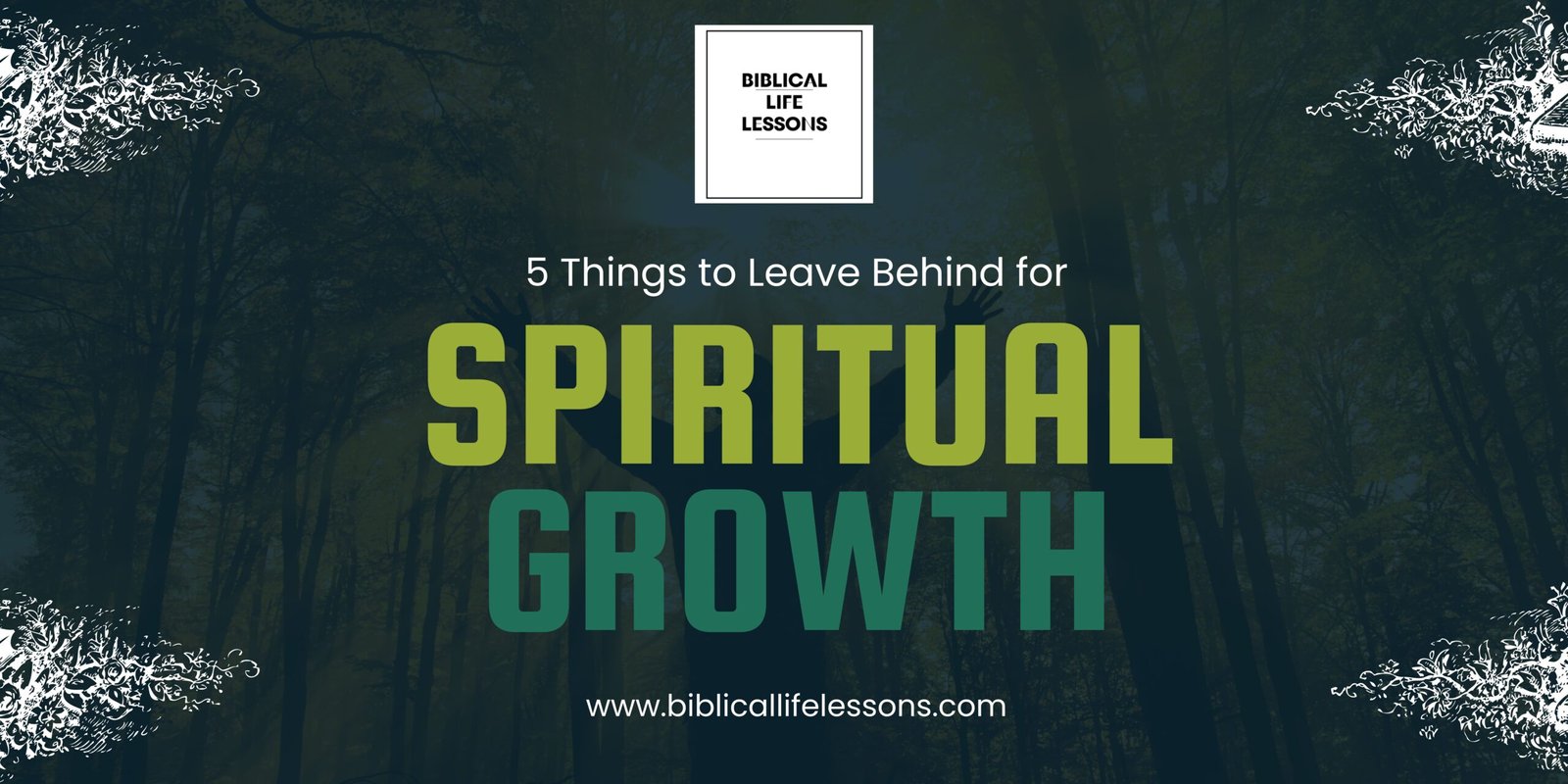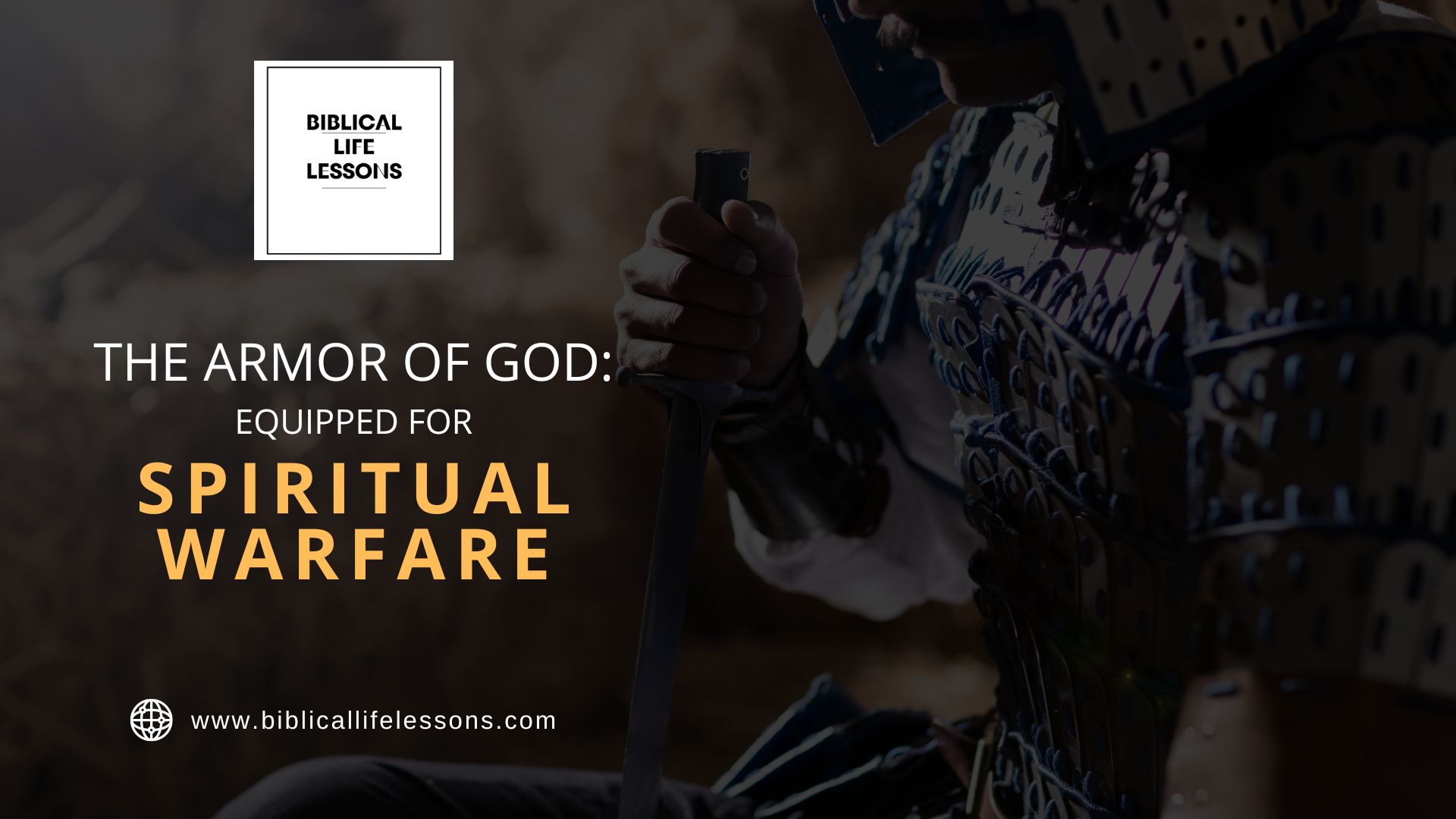Leah, a central figure in the Bible, is known for her complex story that unfolds within the pages of Genesis. Her narrative is woven into the fabric of the patriarchal history, and her life is marked by challenges, resilience, and a unique connection to the unfolding saga of the Israelite lineage.
Leah’s Early Life
Leah was the eldest daughter of Laban, a relative of the patriarch Abraham. Her name, in Hebrew, means “weary,” and it reflects the sentiments of her story. Leah was overshadowed by her younger sister Rachel, who was described as beautiful and graceful. This dynamic would shape much of Leah’s journey.
Leah’s Marriage to Jacob
The turning point in Leah’s life occurs when she is given in marriage to Jacob, the central figure in the Genesis narrative. However, her union with Jacob is not born out of love but is part of a deceptive plan orchestrated by Laban. Jacob, deeply in love with Rachel, agrees to work for Laban for seven years to marry her, only to find Leah in his bed on the wedding night due to Laban’s trickery.
The Challenges of Unrequited Love
Leah’s story is marked by the poignant theme of unrequited love. Despite being married to Jacob, Leah grapples with the reality that his heart belongs to Rachel. This struggle is vividly portrayed in the biblical account, where it is noted that “the Lord saw that Leah was not loved.”
Leah’s Children and the Struggle for Affection
Leah, in her desire for Jacob’s love and approval, becomes a mother to several children. Each childbirth is accompanied by a mix of joy, hope, and a longing for Jacob’s affection. The names she gives to her children reflect her emotional journey—Reuben (meaning “See, a son!”), Simeon (“The Lord has heard”), Levi (“Attached”), and Judah (“Praise”).
Spiritual Significance
Leah’s story takes on spiritual significance as she becomes one of the matriarchs of the twelve tribes of Israel. Her descendants, particularly through Judah, play a crucial role in biblical history and prophecy, eventually leading to the birth of Jesus Christ.
Lessons from Leah’s Life
Leah’s life offers profound lessons for readers and believers:
- Finding Strength in Adversity: Despite the challenges and unfulfilled desires, Leah displays strength and resilience. Her story encourages individuals facing adversity to find strength in their faith.
- The Complexity of Human Emotions: Leah’s emotions, from longing for love to the joy of motherhood, reflect the complexity of human experiences. Her story teaches us to acknowledge and navigate the depth of our emotions.
- God’s Unseen Work: In the midst of human drama, God is at work. Leah’s story reminds us that God sees and values individuals, even when their struggles go unnoticed by others.
- A Contribution to God’s Plan: Despite being initially unloved by Jacob, Leah’s role in the lineage of Israel is significant. Her descendants, including King David and Jesus Christ, illustrate that everyone has a role in God’s overarching plan.
Leah’s narrative is a poignant exploration of human emotions, the complexities of relationships, and the overarching providence of God. Her life, though marked by challenges, becomes a testament to the strength that can be found in embracing one’s unique role in the unfolding tapestry of God’s plan.
